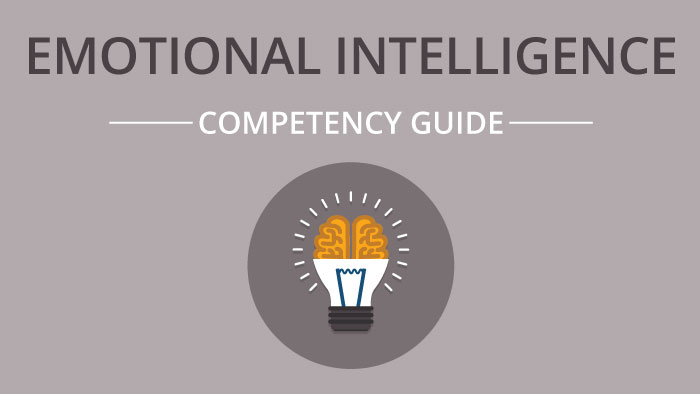
“To know thyself is the beginning of wisdom.”
– Socrates
Improving self-awareness is a continual process.
Sometimes we view it as a phase experienced in adolescence when we’re trying to figure out “who we are.” We can learn a lot about ourselves as teenagers and young adults, but if we don’t become lifelong students of how we’re affecting and influencing the world around us, our potential for impacting positive change will wither.
Throughout your education and work experience, you’ve learned skills that have helped you move forward in your career. You’re very knowledgeable in many areas. But you’re also very ignorant in many areas. Don’t take that as an insult! It’s true of everyone, whether we like it or not.
The world is too big for anyone to know everything, which is why we keep learning over the course of our lives, and it’s why we defer to others on subjects where we have little to no expertise.
When it comes to positive traits like driving skills, IQ, giving back or work performance, research has shown that the majority of people rate themselves above average. Since that’s a statistical impossibility, there must be a big disconnect between most people’s self-perception and reality.
This research is known as the Dunning-Kruger Effect, or the “unskilled and unaware of it” research. Interestingly, on the opposite end of this spectrum lies a similar gap in self-perception. While some people would rate their performance high when it’s below average, others will rate themselves low when they’re actually above average. This often happens because they’ll think a task that’s easy for them is easy for everyone, and therefore think little of their own advanced skills.
So the question here is, how do you know what you don’t know?
Sometimes ignorance is bliss, but it can also be a barrier. Improving your self-awareness and helping others to do the same will break down the walls that hinder collaboration and relational growth. It’ll help you to accurately gauge your skills – whether you’re in the habit of underrating or overrating yourself.
1. Look at data objectively
Numbers are your friend if you truly want to be more self-aware of your performance. Does your company track metrics that are directly affected by how well you perform at work? If you’re consistently in the bottom tier of performers, then there is probably a lot you can learn from your colleagues to improve your skill set.
Many organizations are moving toward being more data-driven as new tools and technology are continually developed. Work with your leaders and managers to determine the most insightful data that will allow you to know if your performance is trending upward, and if there are areas where you can improve.
2. Ask for honest feedback
Giving feedback applies both directions in a management hierarchy. Managers who rely on once a year performance reviews to tell team members how they can improve are missing out on valuable learning opportunities throughout the year. If you don’t feel you’re receiving enough feedback from your manager or leadership team, ask to have monthly or weekly one-on-one meetings.
Improving your self-awareness means opening yourself up to constructive criticism – from anyone. It would be entirely unhelpful if those you ask to rate you feel there would be negative reactions or consequences if they’re honest.
It’s important for managers to create a safe, trusting feedback environment so their team is comfortable with managing up. The team of people you manage have a better idea than anyone of the ways you’re excelling as a manager, and the ways you’re falling short. That’s a highly valuable channel for improving self-awareness, so it would be a shame to miss it because your team wasn’t 100% sure they were safe to provide criticism when you asked for it.
Building an environment of trust means everyone can be more self-aware through continual, honest feedback.
3. Find ways to develop yourself
The more you know, the more you know what you don’t know.
The beautiful thing about self-awareness is that while you become more knowledgeable, you also become more aware of how you’re unknowledgeable. You can see the areas where you need to defer to someone else’s expertise, or find appropriate training and development to become more knowledgeable in that particular area.
Becoming a lifelong learner not only increases skills, it increases competence. When we improve our competence, it allows us to understand where our limitations are currently, and what we need to do or learn to overcome them.
Watch a 1-minute preview of “Learning What You Don’t Know” from The BizLibrary Collection here:
Improving self-awareness is one part of improving your overall emotional intelligence. Learn more with our free competency guide:

